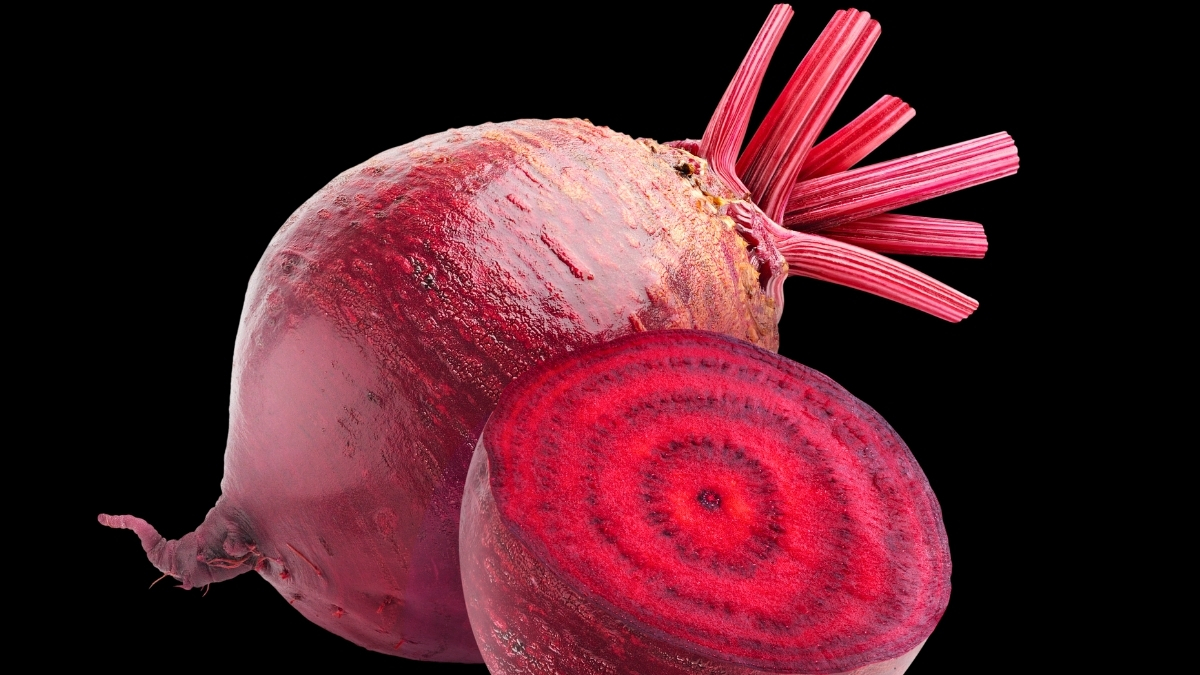Summary
For most people, eating a wide variety of fruit and vegetables is the cornerstone of a healthy diet.
Source: sciencealert.com

AI News Q&A (Free Content)
Q1: What is hereditary fructose intolerance and how does it affect individuals?
A1: Hereditary fructose intolerance is a rare genetic condition where individuals lack the enzyme aldolase B, which is necessary to break down fructose. This condition causes fructose to accumulate in the liver, kidneys, and intestines, leading to serious health problems such as hypoglycemia, liver dysfunction, and nausea. It requires individuals to avoid foods containing fructose, sucrose, and sorbitol to prevent these adverse effects.
Q2: How can hereditary fructose intolerance be managed in everyday diet?
A2: Management of hereditary fructose intolerance involves a strict dietary regimen that excludes fructose, sucrose, and sorbitol. This means avoiding fruits, certain vegetables, honey, and sweetened products such as cakes and cookies. Healthcare providers often diagnose the condition in infancy as babies start solid foods, allowing for early dietary adjustments.
Q3: What are the implications of missing the enzyme aldolase B in hereditary fructose intolerance?
A3: The absence of aldolase B in individuals with hereditary fructose intolerance leads to an inability to properly metabolize fructose. This enzymatic deficiency results in the accumulation of toxic substances in the liver and other organs, causing symptoms like abdominal pain, vomiting, and severe metabolic disturbances. Long-term effects can include liver and kidney damage if the condition is not managed through diet.
Q4: What are the current research findings on lactose malabsorption and its impact on inflammatory bowel disease?
A4: Recent research indicates that lactose malabsorption affects the intestinal microbiome in children with inflammatory bowel disease (IBD) but does not alter the clinical aspects of the disease. This suggests that dietary management of lactose intake could potentially influence gut microbiota composition, which may have implications for managing IBD symptoms.
Q5: How does hereditary fructose intolerance differ from common food allergies?
A5: Unlike food allergies, which involve the immune system reacting to specific proteins in foods, hereditary fructose intolerance is a genetic metabolic disorder. It does not involve immune reactions but rather an enzymatic deficiency that prevents the proper digestion of fructose, leading to toxic accumulation and metabolic issues.
Q6: Are there any genetic counseling options available for hereditary fructose intolerance?
A6: Genetic counseling can be beneficial for families with a history of hereditary fructose intolerance. It provides information on the genetic nature of the disorder, helps assess the risk of passing it on to offspring, and offers guidance on managing the condition through dietary modifications.
Q7: What are some of the key foods to avoid for individuals with hereditary fructose intolerance?
A7: Individuals with hereditary fructose intolerance should avoid foods high in fructose, sucrose, and sorbitol. This includes fruits like apples and watermelons, sweetened drinks, honey, and processed foods containing high fructose corn syrup. Reading food labels is crucial to prevent accidental ingestion of these sugars.





